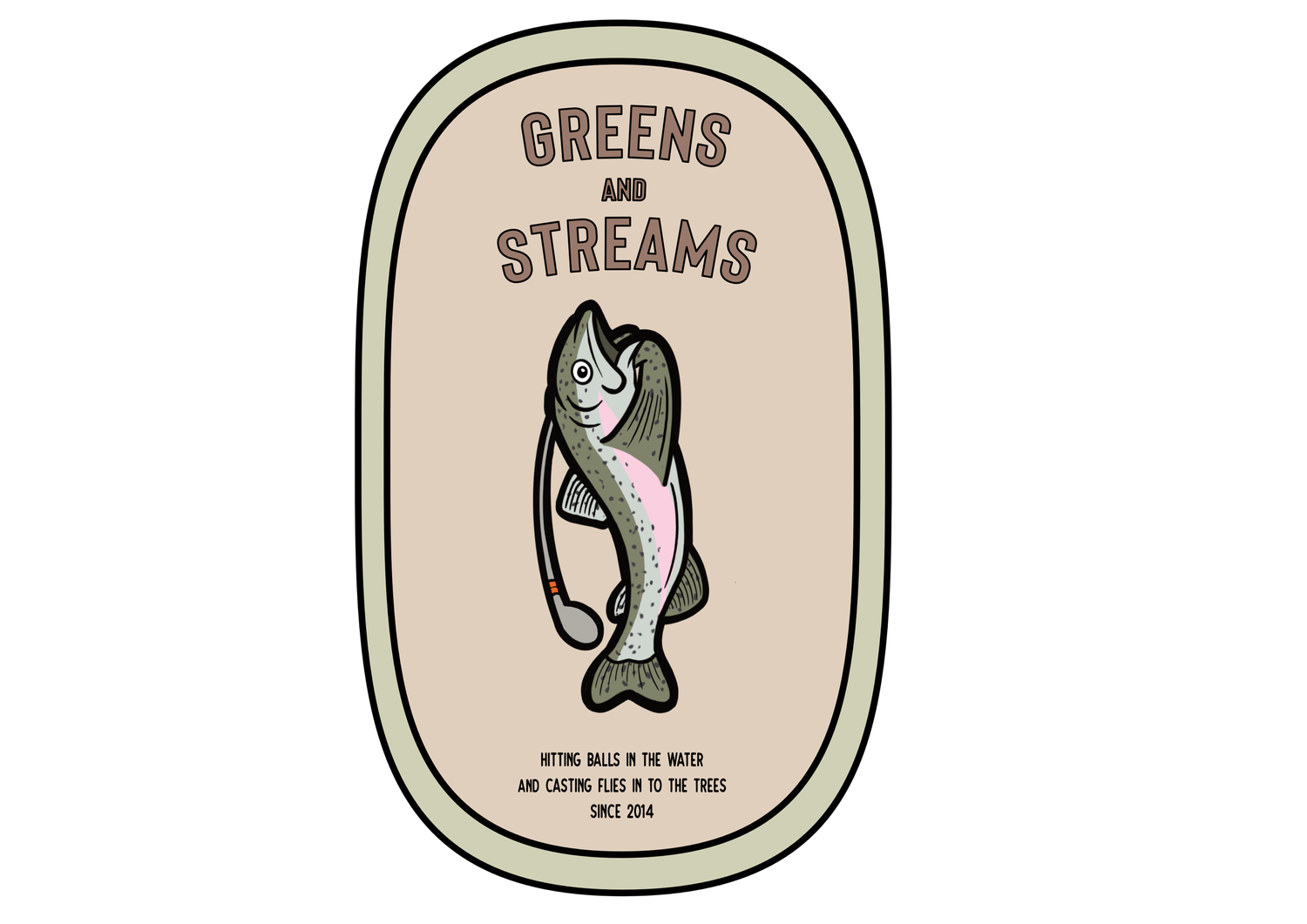GREENS AND STREAMS BLOG
Hotspotting - The reason you didn't catch fish on your guided trip
According to Dictionary.com, the definition of "hot spotting" is "to stop a forest fire". When used as a noun, it's a bit different, and maybe better related to fly fishing; "an area hotter than the surrounding surface, as on the shell of a furnace."
In the fly fishing world, I've been told, it's not good to be labeled a "hot spotter". From my understanding, "hot spotters" direct such an increase in angling pressure to a fishery, there's more than likely a chance that the influx of anglers will push all guides, non guides, and populations of stream side animals, off the water and possibly in to extinction. So as you can see, this is a very serious issue.
Luckily, over the years, no one has ever shared a fishing secret, towns that exude pride in their fisheries have never built monuments as big as factories of the secret fish that inhabit their waters, websites and DNR's around the country haven't published maps to show people where improvements have been made and fish may reside, and most importantly, it's so important, and critical, that no guide has ever published the waters they guide on. These are all key actions to help ensure people stay out of OUR best fishing spots.
Considering none of the above is true - there's more than a handful of fish sculptures as big as buildings, DNR's and private publishers have included maps of improved waters, valleys chock full of streams and stocking spots, and guides post photos and stream reports regularly, so their customers know they've got a good chance of connecting with a beast while out on the water.
What completely boggles my mind, is how someone can accuse another fisherman of being the reason a guide doesn't have a days work, or why someone's customer didn't catch a fish, instead of the reason why, over a new season, thirty more people fished a river, spent $1000/each in town and discovered an amazing fishery that's been, and will continue to be, there for generations longer than any one person will guide or be able to fish it. And even funnier is when they tell you that those people in town don't want that money, and they'll even go as far as threatening harming you, or your belongings, if you visit.
With it being 2016 now, and the age of being offended, it seems that more and more people think they own a piece of water if they see it more than once a year or for a couple of weeks a year, and feel they can tell you what you're doing wrong on their water. When this stretch of water is one of the most well known pieces of water in the world, for a specific species, isn't the fact that people are willing to pay $500/day a key indicator there might be fish there?
So as we venture further in to another year on the water, please keep a few things in mind - if you know about a spot, there a less than 50% chance at least three other people know about it. If you google a type of fish, and a specific fishery comes up on the first page, it's not a secret, its the reason you guide on that piece of water. If you see a photo of a fish on the ground, next to a rod and reel combo, offer some advice, not a public berating. We've all been there at some point in our fishing lives, and in most cases made those same mistakes. Give someone a helping hand, and grow the sport. Don't be one of the d* bags that give our sport a black eye.
The bonefish in the Key's are just awe inspiring!

